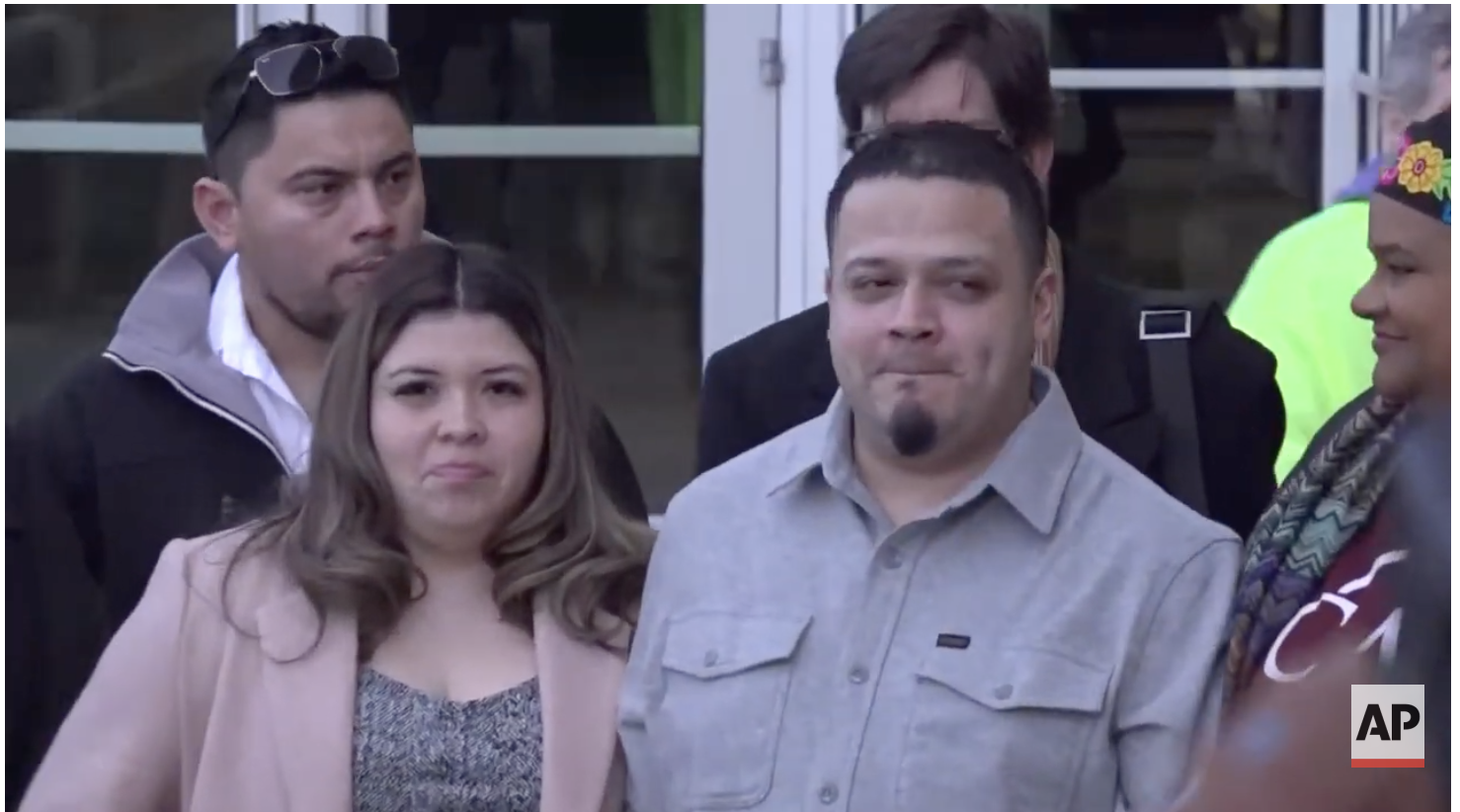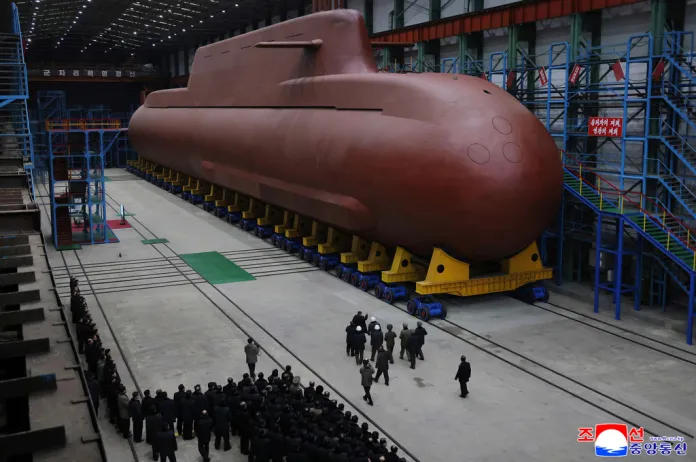South Korean president Yoon likely to join bizarre trend
The topic concerns the current status of South Korean President Yoon Suk Yeol and highlights the historical context of corruption and political instability in South Korea. Recently, opposition parties have initiated impeachment proceedings against Yoon following his brief declaration of martial law, which faced important backlash from lawmakers, citizens, and even members of his own party. This situation reflects a pattern seen over the last several decades where South Korean presidents often conclude their terms in disgrace, whether thru impeachment, imprisonment, or tragic death.
Yoon’s immediate predecessors stand as examples of this troubling legacy: Moon Jae-in, who served from 2017 to 2022, avoided scandal but lost the subsequent election; Park geun-hye was imprisoned for corruption; and Lee Myung-bak, who preceded her, was also convicted of bribery and embezzlement. Additionally, the earlier president Roh Moo-hyun tragically committed suicide amidst a bribery investigation. This historical backdrop underscores a recurring cycle of political downfall, suggesting that Yoon may face a similarly ignominious fate, continuing the trend of turbulent transitions within South Korea’s political landscape.
South Korean president faces joining long line of leaders to meet ignoble end after martial law frenzy
Opposition parties in the South Korean legislature have submitted a bill that would impeach President Yoon Suk Yeol in response to his short-lived martial law decree that began Tuesday night.
Yoon faced widespread protest from rival lawmakers, South Korean citizens, and even members of his own People Power Party. An emergency vote from the National Assembly floor forced him to end the martial law order sheepishly on Wednesday morning.
He is likely to be ousted from leadership in disgrace — continuing a long tradition of South Korean presidents ending their public careers impeached, imprisoned, or even dead.
The only South Korean president of the last two decades who did not end his or her term in a dramatic fashion was Yoon’s direct predecessor, Moon Jae-in. Moon was ousted in a democratic vote, losing narrowly to Yoon in the 2022 presidential election.
During his tenure, Moon pardoned the previous president, Park Geun-hye, who had been tried for corruption and sentenced to 24 years imprisonment in 2021.
Park’s predecessor, Lee Myung-bak, was convicted of embezzlement and bribery in 2018 after being ousted from his position. He was sentenced to 17 years imprisonment.
Lee was freed as part of a mass dispensation of pardons issued by Yoon in 2022.
The president who sat in office before Lee, Roh Moo-hyun, committed suicide by jumping off a cliff while hiking in the forest near his home in Bongha village. He was under investigation at the time for bribery and left a suicide note declaring that he had caused too much suffering for others.
Not all South Korean presidents have been convicted of ethical misgivings — but those free from bribery, corruption, and abuse of power were often born from experiences on the receiving end of such crimes.
Kim Dae-jung, who would eventually become the eighth president of South Korea in 1998, spent the majority of the 1970s and ’80s under house arrest, exiled, imprisoned, or dodging assassination attempts perpetrated by the government over his opposition to then-dictator Gen. Park Chung-hee.
In a particularly harrowing episode of his life, Kim Dae-jung was kidnapped from the Tokyo Grand Palace hotel in 1973 by South Korean intelligence officers who intended to drown him in the Sea of Japan. He was only saved when the Japanese Coast Guard caught the kidnappers in the act and the U.S. State Department intervened to prevent his execution on the peninsula.
Park Chung-hee was assassinated in 1979 and replaced by President Choi Kyu-hah, who was then swiftly ousted by military dictator Chun Doo-hwan. The new Chun regime sentenced Kim Dae-jung to death in 1980.
International outrage eventually led to this sentence being suspended. Harassment continued throughout the tenure of President Roh Tae-woo, Chun Doo-hwan’s successor.
Roh Tae-woo was sentenced to 22 years imprisonment on corruption charges after leaving office.
The vicious cycle was broken with the election of President Kim Young-sam, a democratic activist who previously suffered similar persecution to that experienced by Kim Dae-jung.
He pardoned Roh and Chun in 1997 at the urging of Kim Dae-jung, who would become his successor and an internationally lauded champion for human rights.
Looking back even further, the problem of South Korean executive authority extends to the earliest days of the modern republic.
The first president of South Korea, Syngman Rhee, was forced to resign in 1960 after his authoritarian leadership sparked nationwide protests and accusations of a rigged reelection. He lived the rest of his life exiled in Hawaii.
President Yun Bo-seon replaced Rhee in 1960 as a purely ceremonial figurehead under a restructured government. He was forced to resign by the coup that installed Park Chung-hee in 1962.
With such a consistent pedigree of authoritarian overreach, corruption, and other impeachable offenses, the current turmoil in the presidential office is less than unprecedented — though it demands some particular attention as the first implementation of martial law since 1980.
The fate of Yoon’s career in politics is not yet known, but the obstacles he faces to remain in power are overwhelming.
The president is facing calls for impeachment with little if any defense from his own party. Public outrage has resulted in widespread demonstrations calling for his immediate removal. Even his friendly counterparts in the United States have expressed serious concern over the failed power grab.
Riding the wave of unrest, accusations and demands for transparency previously made by political rivals are set to be reexamined.
His opposition accused first lady Kim Keon-hee of corruption after she was secretly recorded receiving a Dior handbag from a Korean American pastor in 2022. A government investigation launched in May concluded no crimes had been committed.
Critics previously dismissed the findings as compromised and demanded a more independent investigation into the Yoons’ finances.
With an impeachment all but inevitable, the main question is less about whether Yoon completes the final years of his term and more about whether the office will be the only thing he loses.
" Conservative News Daily does not always share or support the views and opinions expressed here; they are just those of the writer."




